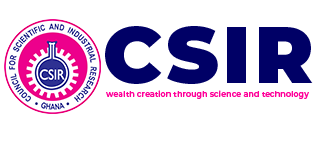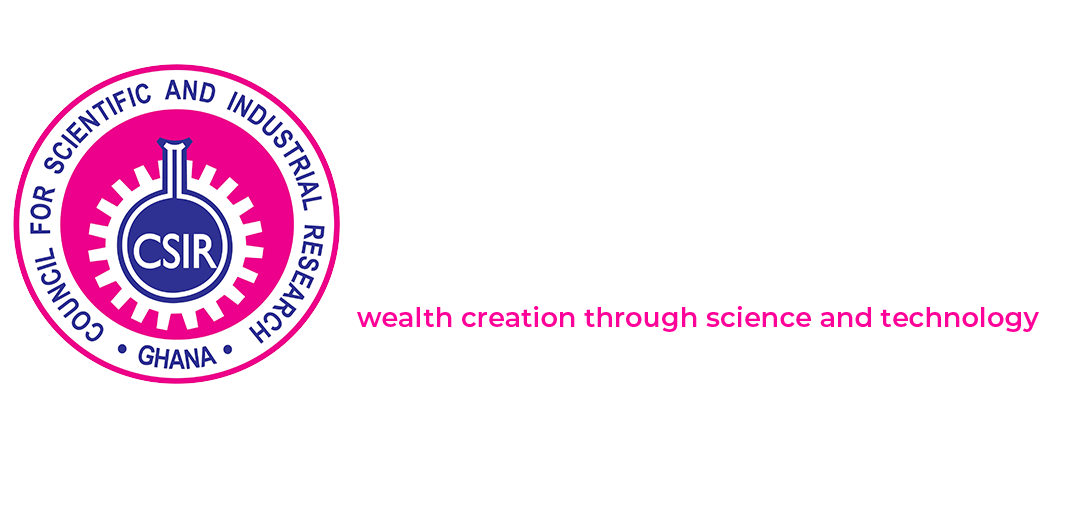WEST AFRICAN AGRICULTURAL PRODUTIVITY PROGRAMME (WAAPP)
The West Africa Agricultural Productivity Programme (WAAPP) is a two-phase, 10-year Adaptable Program, each of five years duration.The first phase of WAAPP involves three countries – Ghana, Mali and Senegal. The West and Central African Council for Agricultural Research and Development (WECARD/CORAF) is the sub-regional co-ordinating institution. The WAAPP will concentrate on selected priority commodities. The priority commodities, which were identified through a study WECARD/CORAF commissioned the International Food Policy Research Institute (IFPRI) to do in 2006, are roots and tubers, livestock, rice and cereals.
The specific country commodities under WAAPP are as follows: roots and tubers for Ghana; rice for Mali; and drought-tolerant cereals for Senegal. These commodities are expected to make the greatest contribution to the region’s agricultural growth and producers’ benefit from research and development. The development objective of WAAPP is to generate and disseminate improved technologies in the participating country’s top priority commodity sub-sector that are aligned with regional priorities.
The WAAPP is being implemented through four operational components, namely:
Enabling conditions for regional cooperation in technology generation and dissemination. National Centre of Specialization (NCOS). Funding of demand-driven technology generation and adoption. Project coordination, management, monitoring and evaluation. Implementation Arrangements. The WAAPP Coordination Unit in Ghana is the Projects Division of the Ministry of Food and Agriculture (MOFA) whilst the implementing agency is the Council for Scientific and Industrial Research (CSIR). The structures put in place to govern and manage the WAAPP in Ghana are the National Steering Committee as well as the NCOS Management Committee and the Competitive Agricultural Research Grant Scheme (CARGS) Board at the implementing agency.
Steering Committee There is a national WAAPP Steering Committee which is to provide policy and technical guidance and oversight to the coordinating unit and implementing agency. The Steering Committee also has the responsibility to approve the project’s annual work programme and budget. In Ghana, the 17-member committee which is chaired by the Minister for MOFA meets once every quarter in a year. The inaugural and first meeting of the WAAPP Steering Committee was on the 29th of May, 2008. The most recent meeting was held on 30th September to 1st October, 2010.
Centre of Specialization Management Committee (CoSMAC)
The CoSMAC is a 9-member committee with the following terms of reference:
oversight responsibility for efficient management of the NCOS; ensure that the WAAPP provides adequate resources for the NCOS to achieve its set objectives; and review NCOS expenditure against work plan and budgets and recommend appropriate actions to ensure effective disbursement and retirement of funds released to scientists. The CoSMAC meets four times in a year. The inaugural and first meeting was held on 21st August, 2008. The 5th meeting was held on 23 and 24th June, 2010.
Competitive Agricultural Research Grant Scheme (CARGS) Board
The CARGS Board is a 7-member committee responsible for the management of the CARGS in the selection of concept notes and full proposals for funding and the monitoring of the implementation of research projects. The CARGS Board meets twice a year, or in exceptional cases, as needed. The inaugural and first meeting of CARGS Board was held on 22nd August, 2008. The most recent meeting was held on 22nd June, 2010.

